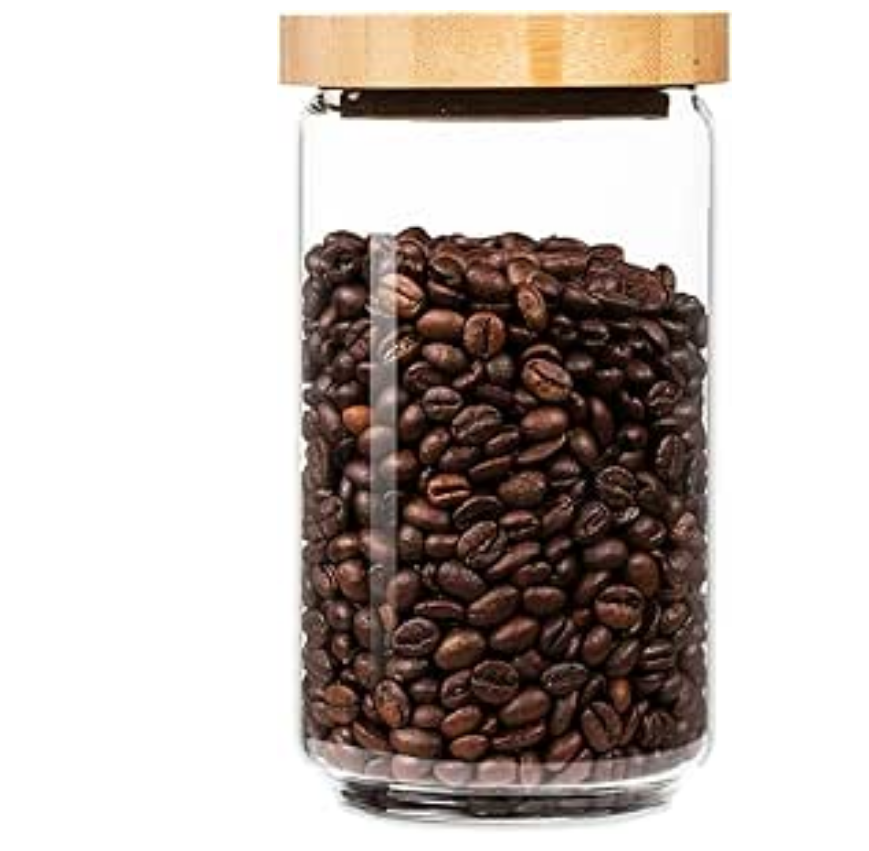
Table of Contents
A 2024 Guide to PCR, PLA-Wood, and Wooden Bottles
- Packaging Materials
- Product Categories
In 2024, consumers don’t just buy products—they buy values. A Grand View Research report found that the global sustainable packaging market will reach $440 billion by 2030, driven by 78% of shoppers who prioritize brands with eco-friendly practices. For businesses selling cosmetics, beverages, or personal care items, bottles are more than containers: they’re a visual representation of your brand’s commitment to the planet.
Why Brands Love PCR Bottles
3. Sustainable Wooden Bottle Wholesalers for Brands: Luxury with a Green Heart
Featured Blogs

A 2024 Guide to PCR, PLA-Wood, and Wooden Bottles
Why Sustainable Bottle Suppliers Matter for Modern Brands
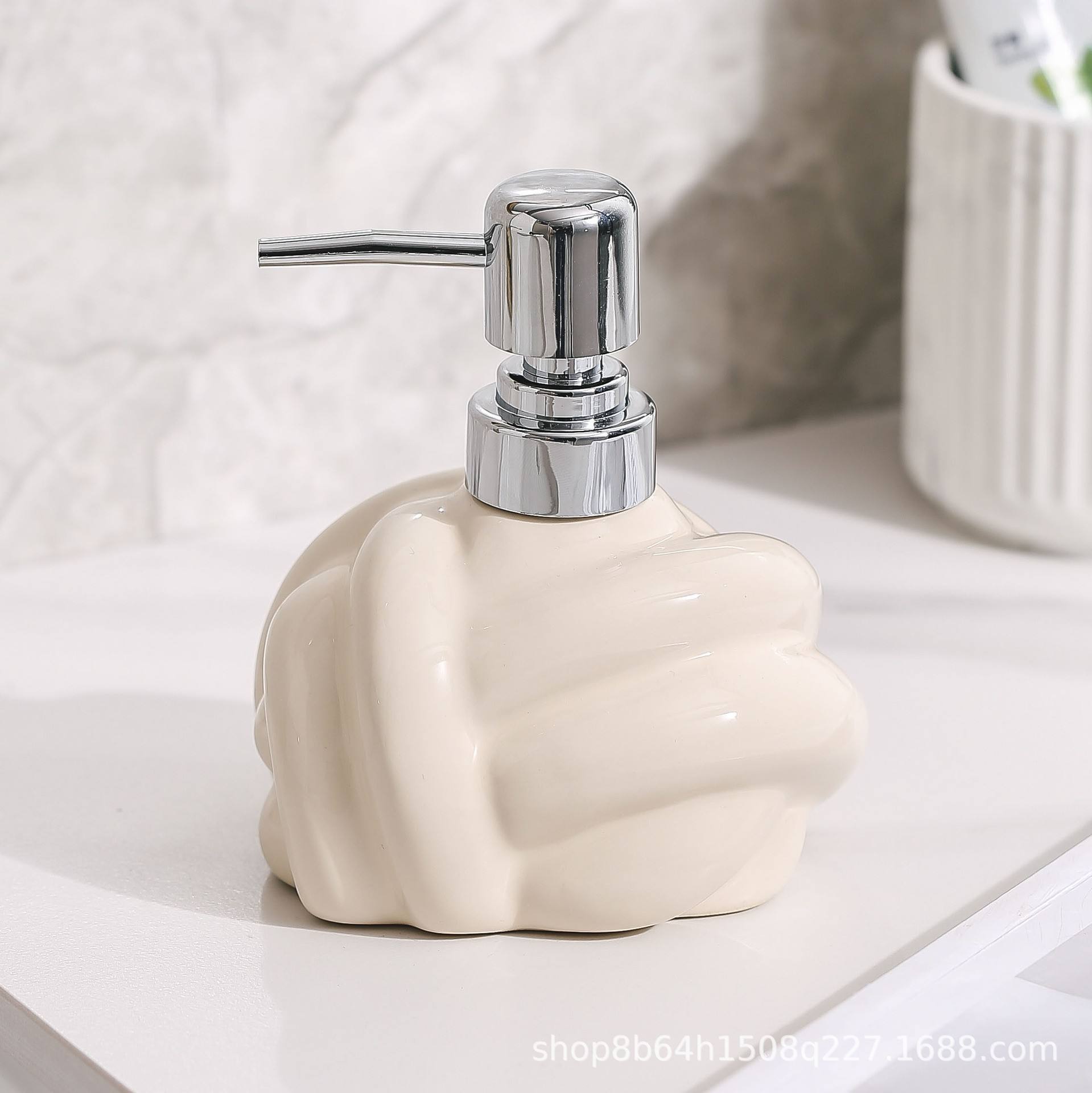
Choosing Between PCR Bottle Large Traders, PLA Sugarcane Blend Eco-Bottle Traders & Wooden Bottle
PCR bottle large traders (brand green packaging), PLA sugarcane blend eco-bottle traders, and sustainable wooden bottle wholesalers for brands
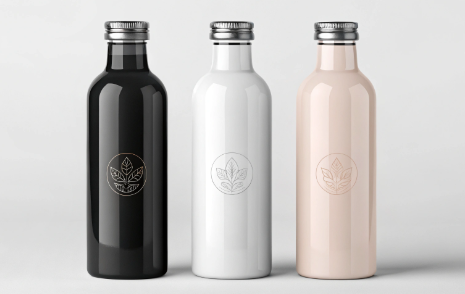
PLA Sugarcane Bottle Traders & Sugarcane Plastic Bottle Partners for US Brand Eco-Packaging
This guide breaks down how to identify reliable PCR bottle suppliers, vet PLA sugarcane bottle large traders, and partner with sugarcane plastic bottle large traders that align with your brand’s eco-goals and US market requirements
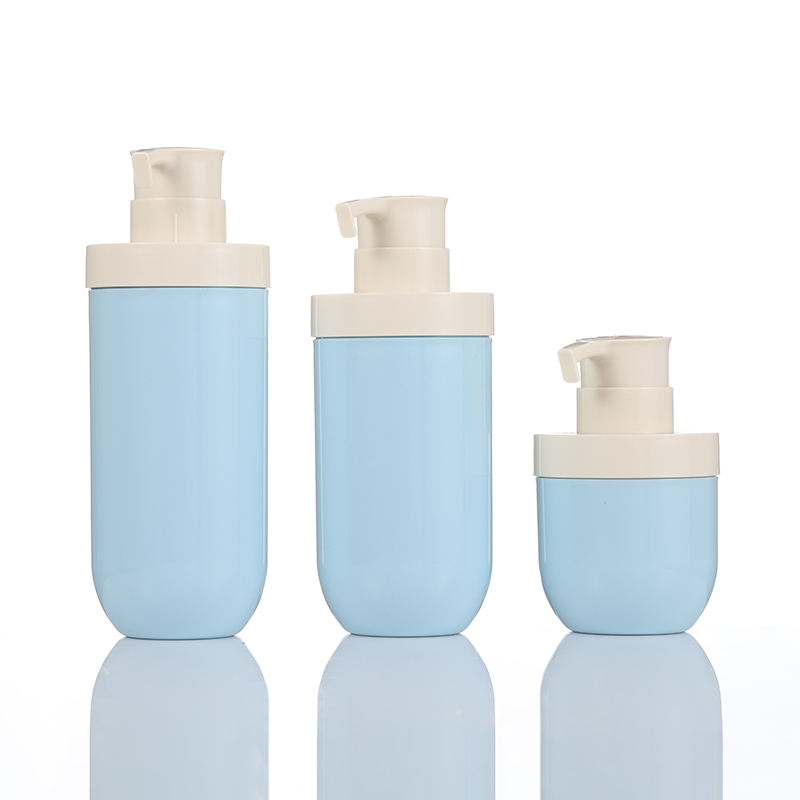
Sustainability for Wood Composites Manufacturers, Sugarcane Wholesalers, and PCR Manufacturers
The brand partnered with a wood composite bottle manufacturer to supply the brand, sourced from a sugarcane eco-packed bottle wholesaler, and worked with a PCR bottle manufacturer to enable the brand to comply with sustainability regulations (such as California's plastic ban and EPA recycling targets), reduce its carbon footprint, and resonate with environmentally conscious shoppers.

Choosing between PCR bottle suppliers, sugarcane plastic factories, and wood composites
This guide details three cost-effective options—partnering with a PCR bottle supplier for branded eco-friendly packaging, sourcing from a sugarcane-derived plastic bottle factory, and partnering with a wood composite bottle wholesaler (brand)—to help you comply with U.S. sustainability standards (such as BPI, FDA, and USDA BioPreferred) and stand out in a competitive market.
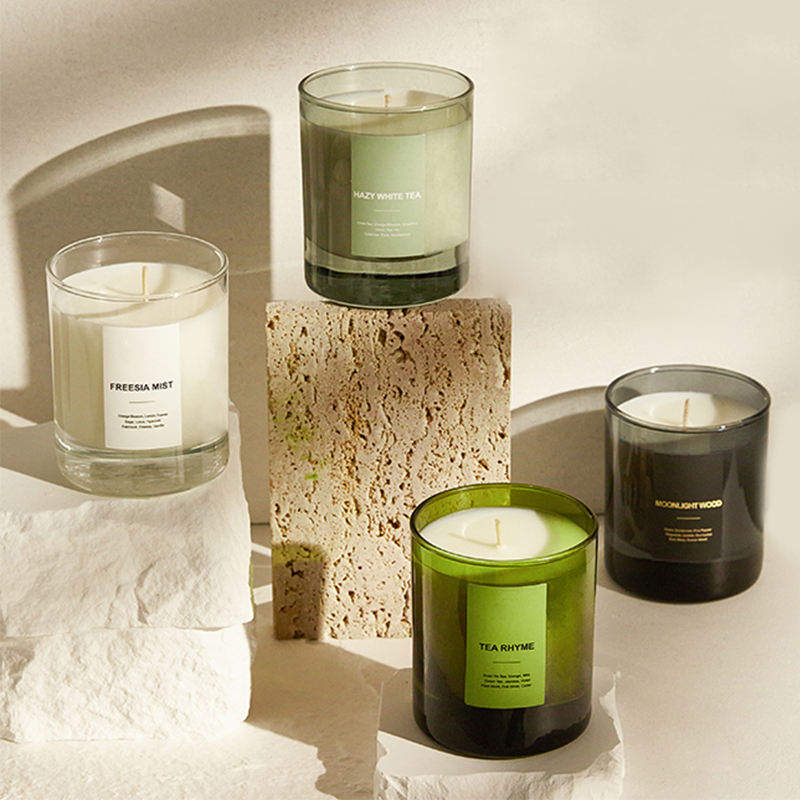
A Guide to Sustainable Bottling Partners for US Brands: Wood Composite, Sugarcane, and PCR Suppliers
This guide provides an in-depth analysis of three key sustainable bottling partners for US brands committed to achieving environmental goals and meeting consumer demands: a wood composite eco-friendly bottle supplier, a large sugarcane eco-friendly bottle trading company, and a PCR sustainable bottle wholesaler. The guide details the unique value of each partner in terms of US market compliance, brand consistency, and cost-effectiveness, and provides practical selection tips.



